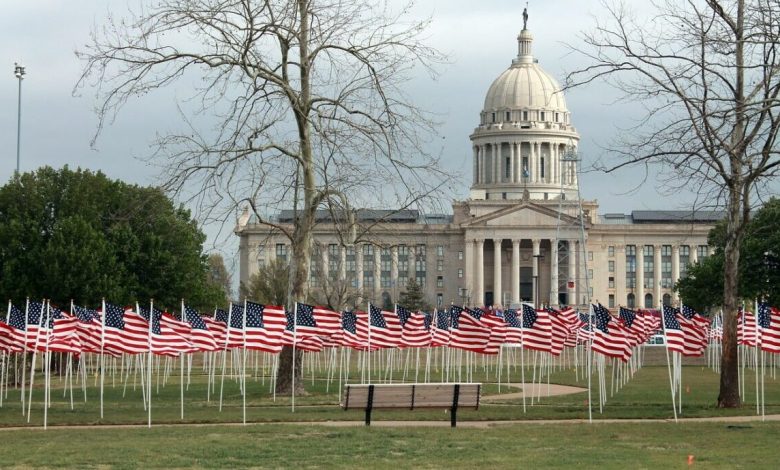U.S. Faces Federal Government Shutdown as Budget Deal Stalls
Congress has until midnight to pass a spending bill or risk a partial shutdown with economic disruptions.

The U.S. economy faces the possibility of a partial federal government shutdown unless Congress reaches an agreement on a new spending bill. With current funding for the 2025 fiscal year set to expire at midnight Eastern time, the government could begin shutting down tomorrow, the start of fiscal year 2026.
While concerns are mounting, historical precedent suggests the economic impact of a shutdown is usually limited—unless it is prolonged or affects a wide scope of government operations. Since 1995, when Republicans took control of Congress for the first time in 40 years, shutdowns have occurred repeatedly due to disputes over spending, taxation, and budget priorities.
During shutdowns, non-essential federal workers are placed on temporary leave, while essential workers continue their duties but typically go unpaid until funding is restored.

Temporary Job Losses and Service Disruptions Likely in Shutdown
Doug Beath, equity strategist at Wells Fargo Investment Institute, noted that although a shutdown would likely have limited effects on the broader economy and markets, it could create short-term volatility. “Government shutdowns delay economic data releases at a time when the Federal Reserve is closely monitoring indicators to guide interest rate decisions,” he explained.
A Goldman Sachs analysis found that most shutdowns have been short-lived. The longest, lasting 35 days in 2018, affected only about 15% of the federal government, since Congress had already approved funding for 85% of operations. Each week of a shutdown, the report estimated, could trim about 0.15 percentage points from fourth-quarter GDP growth, with a rebound in the following quarter once funding resumes.
Shutdowns may also cause a temporary rise in unemployment, since furloughed workers are reported as unemployed during the period. However, the impact tends to be reversed once they return to work.
Past shutdowns have disrupted a range of services, including permit approvals, energy project reviews, IRS income verifications, small business loans, and tourism at national parks. The White House Office of Management and Budget’s 2014 report highlighted the widespread, though temporary, economic disturbances caused by these interruptions.
As negotiations continue, businesses, workers, and investors are bracing for uncertainty—hoping lawmakers can avoid another costly political standoff.



